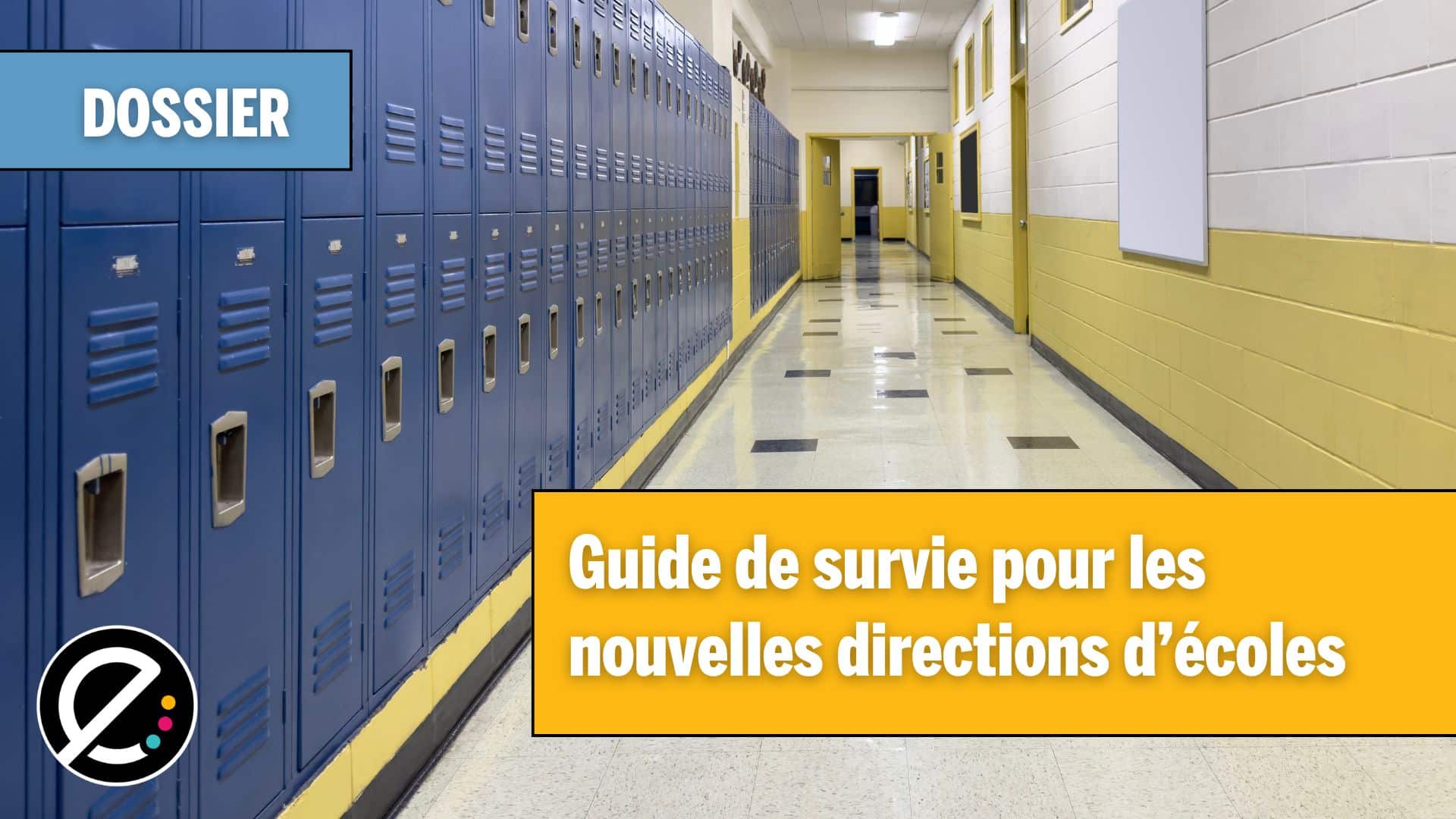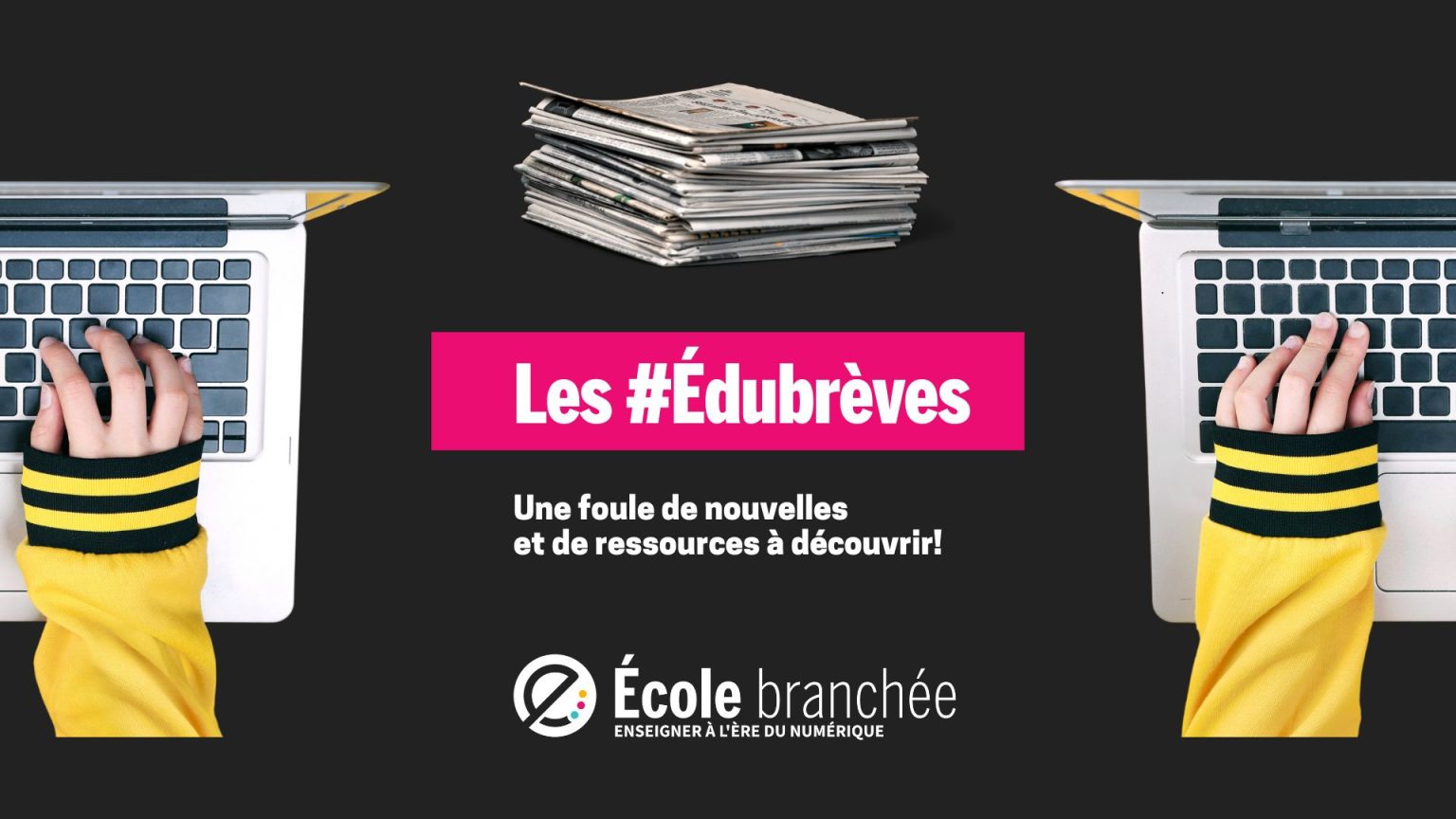Ottawa – Le Réseau Éducation-Médias (Le Réseau) procède aujourd’hui au lancement de la ressource MonUnivers: un tutoriel de littératie numérique destiné aux élèves du secondaire. Cet outil interactif saura captiver les ados tout en les aidant à développer leur esprit critique pour en faire bon usage, au cours de leurs activités en ligne.
MonUnivers a été créé grâce au soutien financier du Plan d’apprentissage d’Inukshuk sans-fil et de TELUS. Cette ressource simule les environnements numériques et les situations que nos jeunes internautes rencontrent au quotidien dans Internet. Les élèves navigueront dans des environnements populaires tels les moteurs de recherche, les messageries instantanées, les sites de réseautage social et le partage de fichiers. Par la pratique, ils développeront leurs compétences et seront guidés à faire les bons choix en ligne ; ils pourront ensuite mettre en pratique ces nouvelles connaissances dans le cadre de leurs activités quotidiennes sur le Net.
« Au Canada, les jeunes sont de plus en plus enclins à vivre leur quotidien en ligne ; mais ils ne savent pas nécessairement comment gérer – ou éviter – le coté sombre du monde virtuel qui peut venir entacher leurs activités en ligne, affirme Jane Tallim, codirectrice exécutive du Réseau. MonUnivers est un simulacre de leurs expériences en ligne de sorte qu’ils apprennent à gérer ces situations, à en évaluer les risques et à relever les défis qui les guettent sur Internet et ce, dans le confort et la sécurité de la salle de classe. »
Afin de rendre compte de la complexité des activités en ligne de nos ados, les élèves qui s’adonnent au jeu MonUnivers sont appelés à endosser divers rôles – élève, ami, pair et mentor. Ils utilisent les outils numériques pour faire leurs devoirs, gérer leurs relations, mener des recherches sur des sujets d’intérêt personnel et faire de l’activisme social.
MonUnivers est le pendant de Passeport pour Internet, le tutoriel interactif hautement acclamé qui enseigne la littératie numérique aux élèves de la quatrième à la huitième année. Passeport pour Internetest maintenant présent dans tout le pays puisque chaque province et territoire en détient la licence.
Pour obtenir plus d’information sur MonUnivers, visitez :http://www.education-medias.ca/francais/catalogue/descriptions/monunivers.cfm





